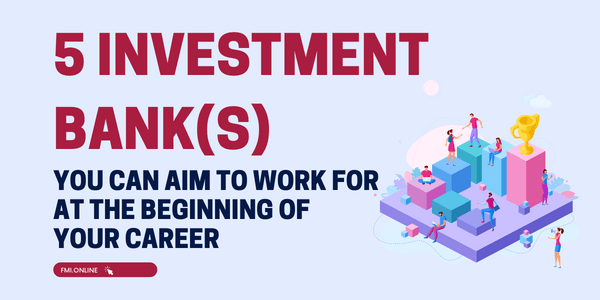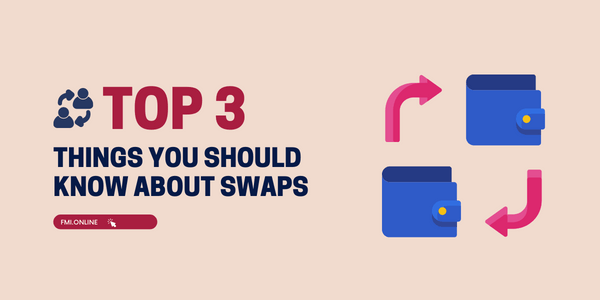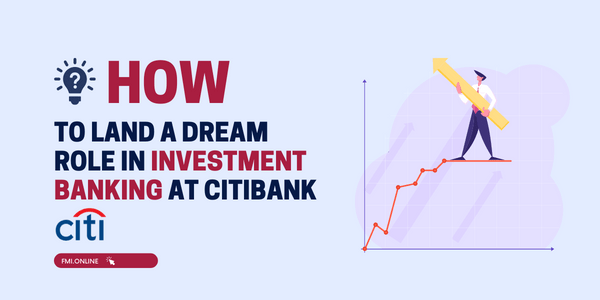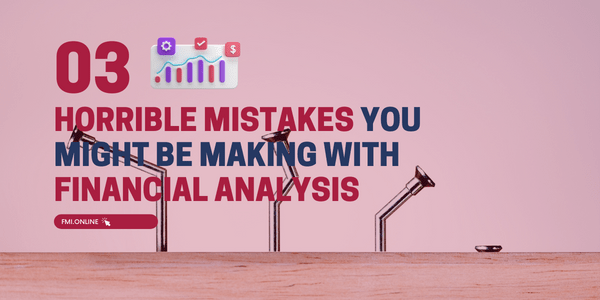Whether you keep up with business news or not, you must have heard the term ‘IPO’ multiple times in the last year. The Indian stock market has seen a sudden rise in private companies wanting to go public. In 2021, the stock market saw 63 IPOs and 33 unicorn startups! With such a staggering number of IPOs, investors and the public are bound to have questions and assumptions. Here are some myths and facts about IPOs:
What is an IPO?
An IPO or an Initial Public Offering is the first time a private company issues its shares to the public by getting listed on the stock exchange. It is a way for the company to raise capital and funding from the public in exchange for shareholding.
When a company is planning to go public, they usually hire investment banks to analyse the demand and set a share price, choose the date, etc. IPOs are also a great way for initial promoters and owners to exit the company with gains.
Myth 1: All IPOs are high-risk, high-reward
Fact:
This is a common thought among people when it comes to IPOs. But it is actually a myth! In 2021, we saw the One 97 Communications – the parent company of digital payment giant Paytm) not perform well with its IPO. When Uber became public in 2019, the company was seeking a valuation of $120 billion but was valued at around $82 billion. Although these are major players in their respective fields, they failed to provide real rewards to their shareholders at the get go. On the other hand, lesser-known companies like MTAR and GoColors did well with their IPOs and made listing gains.
Whether or not an IPO will be profitable for you will depend a lot on your research of the company, its financial standing and performance. A company that is known well by the public and has created a buzz around its IPO may not necessarily perform well. You will have to do thorough research before subscribing to the IPO.
Myth 2: The IPO company must be financially stable
Fact:
Launching an IPO is decided upon by companies because they require funding. So this statement is not entirely true either.
There are broadly two reasons why a company decides to go public. It either needs funds to undergo expansion, a merger, or acquisition for growth. If this is the reason behind the IPO, the investors are set to make gains on their investments. This also shows that the company already has financial backing but needs additional capital for future growth.
The other reason why a company might be issuing an IPO is to repay debt. This is a sign of a financially unstable company. If they need to raise equity capital to repay debt, they will not be able to provide much gain to their investors.
Again, make sure to deep dive into the company and its financial position before investing.
Myth 3: The share price will always stay above the issue price
Fact:
This is a huge myth! The share price is decided by the market forces of demand and supply. Although companies do fix the initial share price when it is first listed, market forces decide what it turns into. Many times, even with big companies, the share price has fallen drastically when the shares got listed. So, a high issue price does not affect where the share price will be after listing.
The issue price illusion has led many retail investors to lose significant sums of money. IPOs are usually launched during a bull run in the market. The positive market sentiments help bump up the issue price even further. By blindly investing based on the issue price, you may increase your chances of losing your money. Make sure you subscribe to an IPO because you deem it worthy of your money, time, and effort.
Conclusion:
IPO is the buzzword in the stock market that whips us a great deal of excitement. Most IPOs get oversubscribed by amounts even the companies do not anticipate. But does this mean that subscribing to it is a must for everyone? No! To decide whether or not you should invest, keep these things in mind. Firstly, make sure you debunk and fact-check any assumptions about the IPO. Secondly, conduct thorough research on the company and its history. Lastly, be observant of the market and its sentiments around the industry, the company, and the IPO. When the IPO frenzy subsides, you don’t want to be left in the dust with losses. To avoid them and analyse IPOs in deeper detail, you can avail this free-of-cost course on Investment Banking.












 60+ hours
60+ hours 9 courses
9 courses



